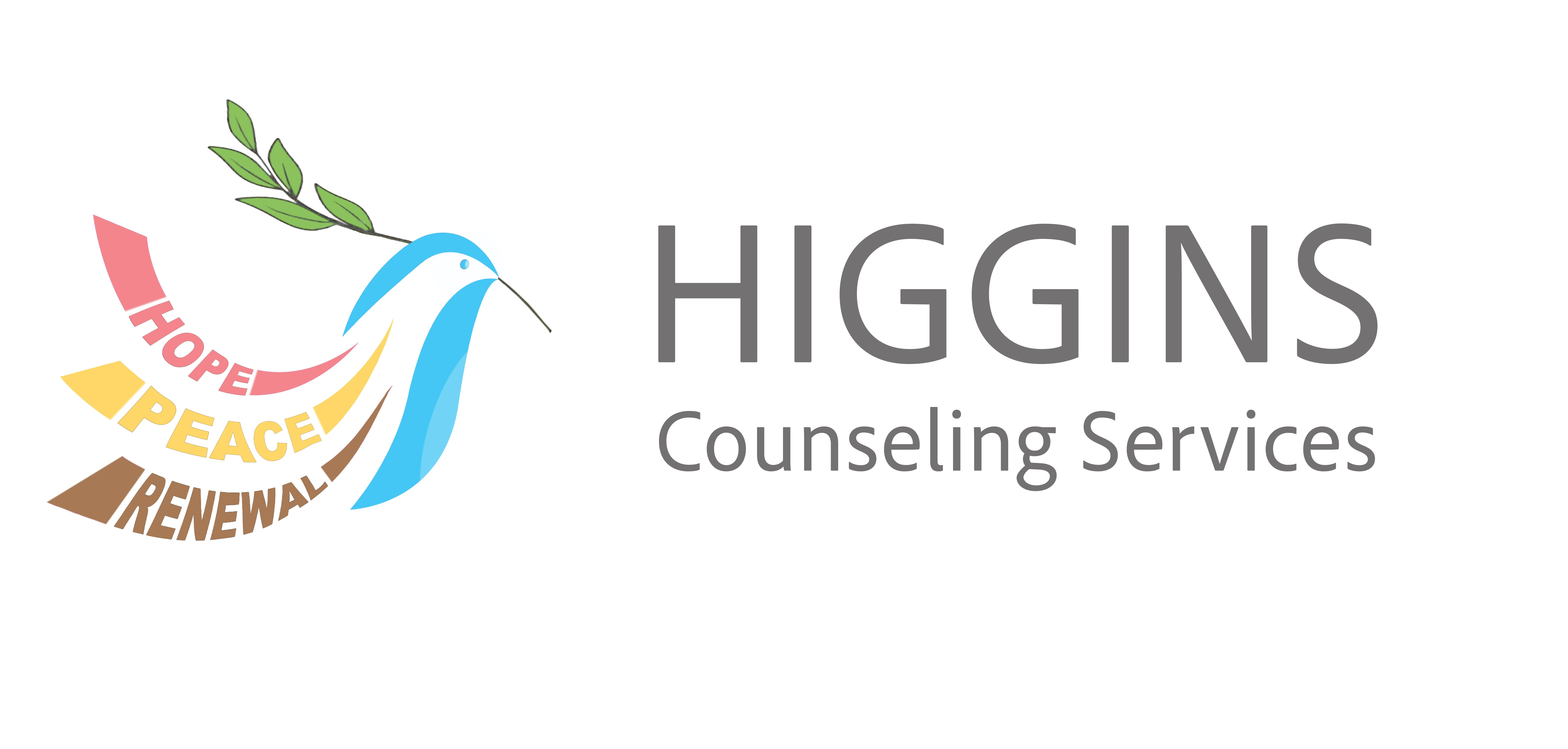Blog
Our News Blog
How Counseling Helps You Set Healthy Boundaries in Relationships
Setting healthy boundaries in relationships is essential for maintaining emotional well-being, fostering mutual respect, and creating a supportive, balanced connection.
Unfortunately, many people struggle with setting boundaries, either because they fear rejection or because they don’t know where to start.
This is where counseling can play a crucial role in teaching individuals how to establish and enforce boundaries that protect their emotional health and strengthen their relationships.
Understanding Boundaries
Boundaries are personal limits that define what is acceptable and what is not in a relationship. They are crucial for maintaining one's sense of self, protecting emotional energy, and fostering healthy communication.
Healthy boundaries allow individuals to have their own space, say no without guilt, and feel respected. However, without clear boundaries, individuals can become overwhelmed, resentful, or even lose their sense of self in a relationship.
This is where therapy steps in to help individuals understand the importance of boundaries and how to create and maintain them.
Why People Struggle with Boundaries
moreThe Resilient Parent: Martial arts & Mental Health
Imagine there’s a cup of water balanced on your head. That cup represents all the stress you carry around with you: the family arguments, traffic, a work deadline, looming bills, the kids bickering, the crack in your phone screen. Everywhere you go, your smile, your stability, your joy, requires you to balance that cup of stress on your head.
Now imagine that you are stepping into a karate studio, and as you bow as you enter, you pour out all that stress. The cup is still on your head and now it is empty. The cup is then filled with all the good experiences from class: knowledge, strength, smiles, friendship, courage.
On the way out, you are welcome to refill the cup with all of the stress, but the hope is that there isn’t quite as much room for it.
This tradition, repeated countless times, hundreds of times each night, is one way that martial arts improves overall mental health.
And that’s just the beginning.
Martial arts is a safe space, a positive and grounding environment that helps families face whatever stresses they are experiencing.
They need an outlet. The nation is in a mental health crisis. In our homes and schools, the pain of mental health struggles infiltrate every part of our lives.
moreNavigating Caregiver Burnout: A Comprehensive Guide to Finding Balance
Caring for a loved one can be an immensely rewarding experience, but it comes with its share of challenges. Caregiver burnout is a common concern among those who devote themselves to the well-being of others. In this guide, we'll explore the various aspects of caregiver burnout, its signs, and most importantly, how to find balance amidst the responsibilities.
Caregiver burnout is a state of physical, emotional, and mental exhaustion often accompanied by a change in attitude. The constant demands of caregiving can take a toll, impacting the caregiver's overall well-being. It's crucial to recognize the signs early on to prevent burnout from escalating.
Caregivers may experience fatigue, changes in sleep patterns, or even physical ailments due to the constant strain. Feelings of sadness, irritability, or a sense of hopelessness may indicate emotional exhaustion. A caregiver experiencing burnout might find it challenging to connect with their loved one emotionally and may neglect their own health, ignoring exercise, proper nutrition, and regular medical check-ups.
This can lead to isolation, as caregivers may withdraw from social activities they once enjoyed.
moreBenefits of having intimacy in marriages.
What is Marital Intimacy?
Intimacy is the closeness of your relationship with your spouse—emotionally, spiritually, intellectually, sexually, and in many other ways. Intimacy is not an end goal but rather a journey that last throughout your marriage. Marriage and family researchers, Schaefer and Olson (1981) describe attaining intimacy as “a process that occurs over time and is never completed or fully accomplished” (p.50).
As you both grow and develop, each of you changes. If you neglect intimacy in your marriage, you will grow apart. The time to work on intimacy is now. Let Higgins Counseling Services partner with you along that journey, to offer, support, insight, tips and suggestion that will create a healthy and delightful relationship.
Benefits of Intimacy in Marriage
Studies show that marriage offers many benefits. According to Olson and Olson (2000), “Married people tend to be healthier, live longer, have more wealth and economic assets, and have more satisfying sexual relationships than single or cohabiting individuals. In addition, children generally do better emotionally and academically when they are raised in two-parent families” (p. 3).
moreHelpful Stress Management Techniques
The fast paced World does not always allow for those who need help to slow down and ask for it. The stress of everyday life can take a toll on our bodies, mind, and spirituality. When stress is left unaddressed it can take a happy person and change them into something else. Higgins Counseling Services, a marriage & family therapist in Boynton Beach can help with advice and counseling.
While most counseling professionals would love to be able to help face-to-face, we know that is not always an option. For those who are suffering from stress and it’s ill effects, here are some at-home stress management techniques:
- Deep breathing: close your eyes, focus on breathing deeply to relax your mind and body.
- Get organized: manage your time closely. When you have a great grasp on your time commitments, you can reduce stress.
- Positive feedback: give yourself positive feedback. Recognize when you are doing a good job. Positive self talk leads to decreased stress.
- Get sleep: adults need about 8 hours of sleep. Take advantage of rest, it will help your mind to relax.
- Exercise: exercise produces endorphins. Exercise also helps you feel good about yourself. Also, sometimes it is nice to sweat out your frustrations.
- Eat well: your body should be fed only high-quality foods. Your body craves proper vitamins & minerals. You’ll see a change in energy with proper foods.
- Take “relaxing” breaks: Take 20 min here and there throughout the day to enjoy something; reading, scrapbooking, video games, etc. You cannot push aside things that you love.
- Prepare the night before: prep meals, books, work, etc. the night before. It will help you avoid mishaps.
- Get a planner: write down EVERYTHING. This way you will not forget anything.
- Plan a getaway: 1 day a week should be set aside for YOU. Enjoy your day. Those who look forward to something are less stressed.
Effects of Stress on Emotional Health
Stress is a natural emotional response. Some types of stress are positive and others can be quite negative. Each person has their own way to deal with the effects of everyday stress. Some of these are healthy and some, not so healthy. Did you know that excess stress levels can affect your overall health from the immune system to emotional health?
Small amounts of stress are quite natural and were developed in our ancestors as a “fight or flight” response. Chronic stress levels can begin to affect how you live your life. The body and the mind are negatively affected when stress levels stay high for an extended time period.
It is well documented that chronic stress has a negative impact on the body. According to the American Psychological Association, chronic emotional stresses (anger) can trigger premature heart attacks, arrhythmia, and even sudden death. Stress kicks your body into high gear, raising blood pressure, causing perspiration, and even increasing the frequency of headaches. Stress is hard on the human body.
While it is easy to see the effects of stress on physical health, how can one know what stress levels are doing to emotional health? Emotional responses to stress have also been well documented. Stress will cause the body and mind to fatigue. When this happens an individual may become irritable and unable to concentrate on tasks. Chronic stress have also been linked to depression and bad lifestyle-decisions.
more
